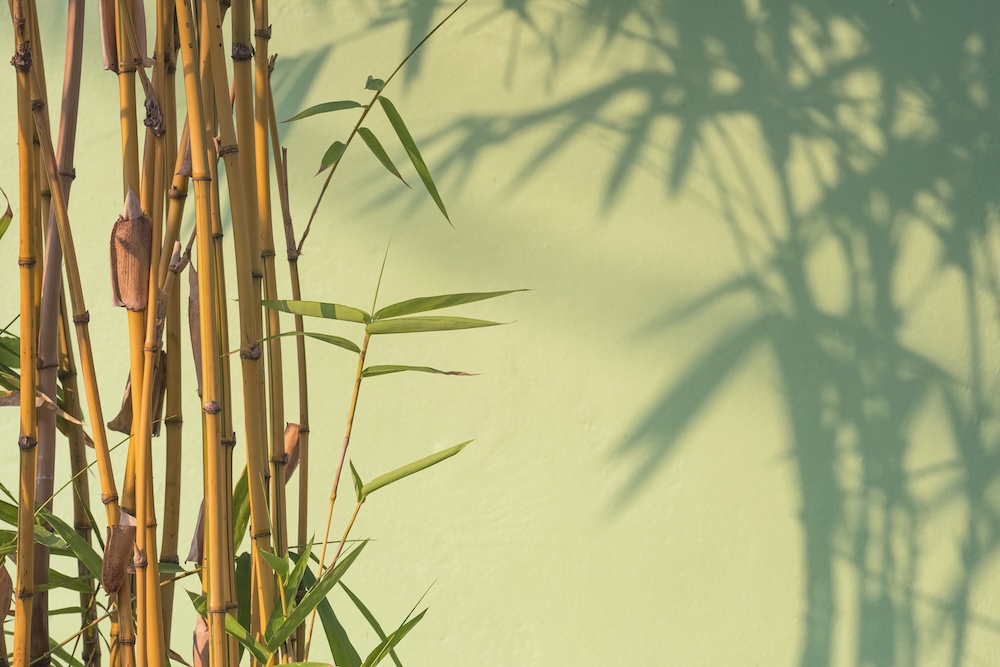Bamboo is often called the “wonder plant” due to its unique properties, versatility, and ability to grow quickly without depleting natural resources. As a rapidly renewable material, bamboo is gaining recognition as one of the most sustainable alternatives to wood, plastic, and even steel. From construction to clothing, from kitchenware to nutrition, bamboo’s potential is reshaping how we think about eco-friendly living.
This guide explores the benefits of bamboo, its innovative uses, and why it plays such an important role in building a sustainable future.
Why Bamboo is Considered a Sustainable Plant
Bamboo is one of the fastest-growing plants in the world, with some species growing up to 3 feet per day. Unlike hardwood trees that can take decades to mature, bamboo reaches full maturity in just 3–5 years. When harvested, only the mature culms are cut, while the root system remains intact, allowing new shoots to regenerate naturally.
This regenerative growth cycle makes bamboo a renewable resource that does not require replanting or heavy land use. In addition, bamboo thrives without the need for synthetic fertilizers, pesticides, or excessive water. It can grow in degraded or steep soils where other crops fail, helping prevent erosion and restoring soil health.
Environmental Benefits of Bamboo
- Carbon Sequestration: Bamboo absorbs more carbon dioxide and releases more oxygen than many tree species, making it a natural climate solution.
- Low Input Farming: Minimal water, fertilizer, and pesticides are needed, reducing agricultural impact.
- Biodegradability: Bamboo products break down naturally, unlike plastics that can persist for centuries.
- Soil & Habitat Benefits: Bamboo helps prevent erosion and provides habitats for wildlife in many regions.
Innovative Uses of Bamboo
1. Building and Construction
Bamboo has been used as a construction material for centuries in Asia and is now gaining global attention for sustainable architecture. Stronger than many hardwoods and with a tensile strength rivaling steel, bamboo is ideal for structural uses such as beams, bridges, and scaffolding.
Modern architects are experimenting with bamboo for schools, eco-resorts, pavilions, and even urban housing projects. Notable examples include the Green School in Bali and bamboo structures in Vietnam and China that showcase its strength and beauty. Its flexibility also makes it suitable for earthquake-resistant buildings.
2. Textiles and Fashion
Bamboo fibers are being transformed into soft, breathable fabrics used in clothing, bedding, and towels. Naturally antimicrobial and moisture-wicking, bamboo textiles are comfortable and ideal for sensitive skin.
Because bamboo requires fewer resources than cotton and grows without replanting, bamboo-based fabrics have a much smaller environmental footprint. As fashion brands look to reduce their reliance on water-intensive cotton and fossil-fuel-based polyester, bamboo textiles are becoming part of the sustainable fashion movement.
3. Kitchenware and Household Items
Bamboo has quickly become a sustainable replacement for plastics in everyday items. Cutting boards, utensils, bowls, and reusable straws made from bamboo are durable, lightweight, and naturally antimicrobial.
Beyond kitchenware, bamboo is being used in flooring, furniture, wall panels, and even wallpaper. Its clean aesthetic and durability make it popular for eco-conscious home design.
4. Food and Nutrition
Bamboo shoots are a staple in many Asian cuisines, offering a low-calorie, nutrient-rich food source. High in fiber, potassium, and antioxidants, they support digestion and overall health. Bamboo shoots have also been used in traditional medicine to support respiratory health and reduce inflammation.
5. Other Innovative Uses
- Musical instruments like flutes and percussion instruments.
- Bamboo bicycles that are lightweight yet strong.
- Charcoal air purifiers for absorbing toxins and improving indoor air quality.
- Gardening supports such as stakes and trellises.
- Paper and biodegradable packaging as eco-friendly alternatives to plastic.
The Future of Bamboo in Sustainability
As industries search for low-impact alternatives, bamboo’s potential is expanding. Research is underway into bamboo composites for green construction, biodegradable packaging solutions, and even energy production through bamboo biochar. With proper management, bamboo farming can provide sustainable livelihoods, support rural economies, and contribute to global climate goals.
Final Thoughts
Bamboo is more than just a plant—it’s a solution. With benefits that extend from construction to cuisine, bamboo demonstrates how renewable resources can reduce waste, fight climate change, and improve everyday living. By supporting bamboo farming and choosing bamboo-based products, consumers and businesses alike can take meaningful steps toward a more sustainable future.








